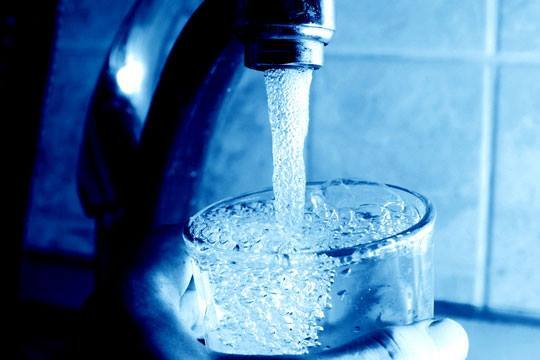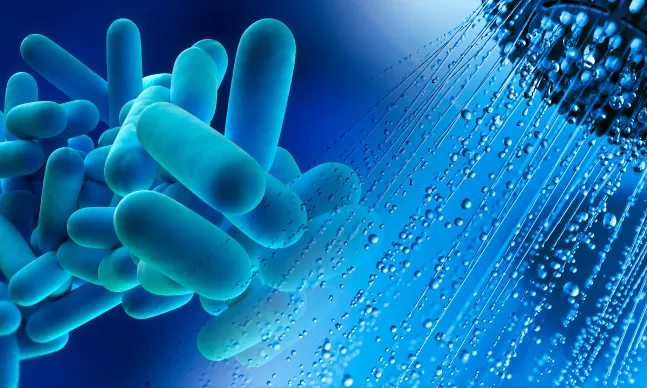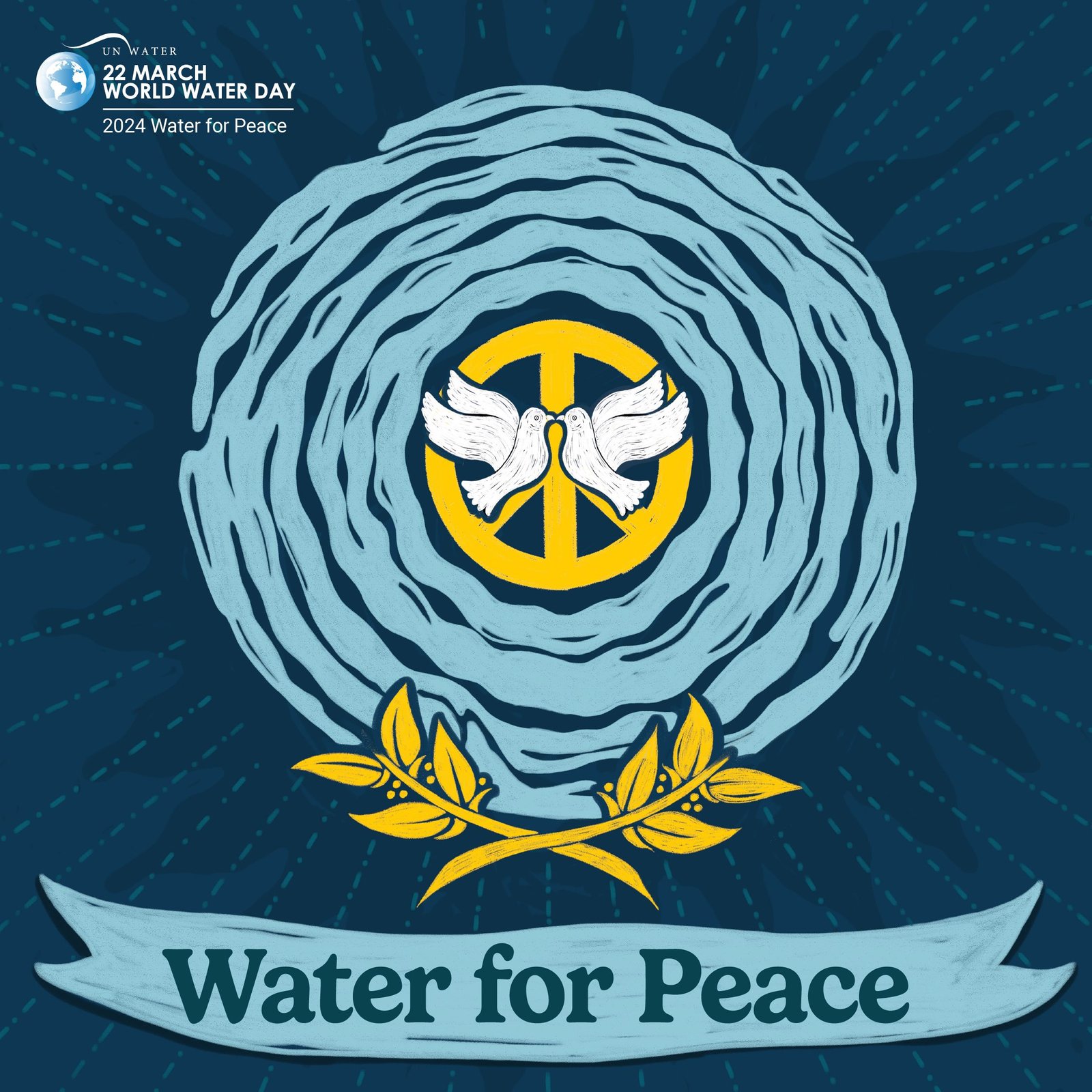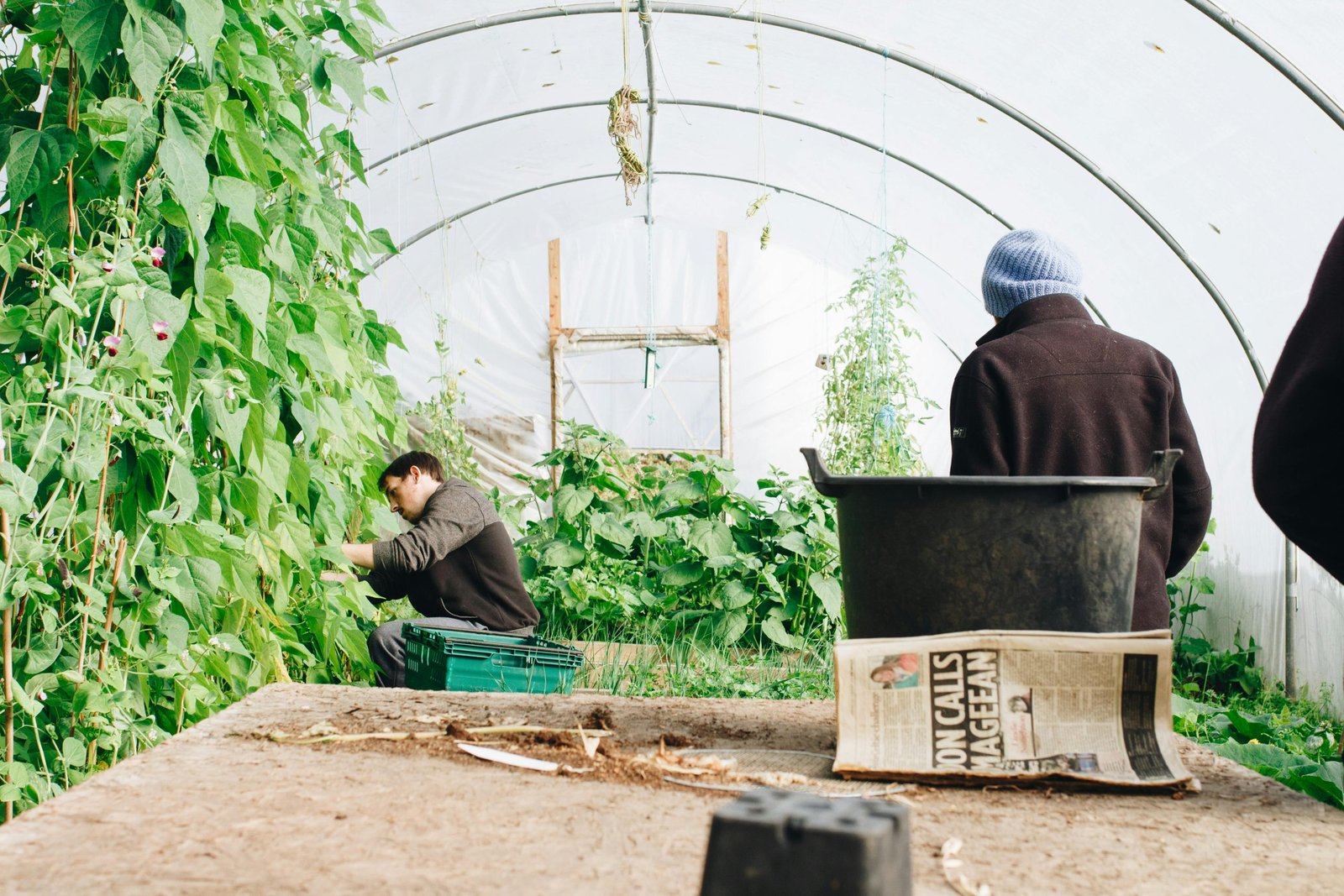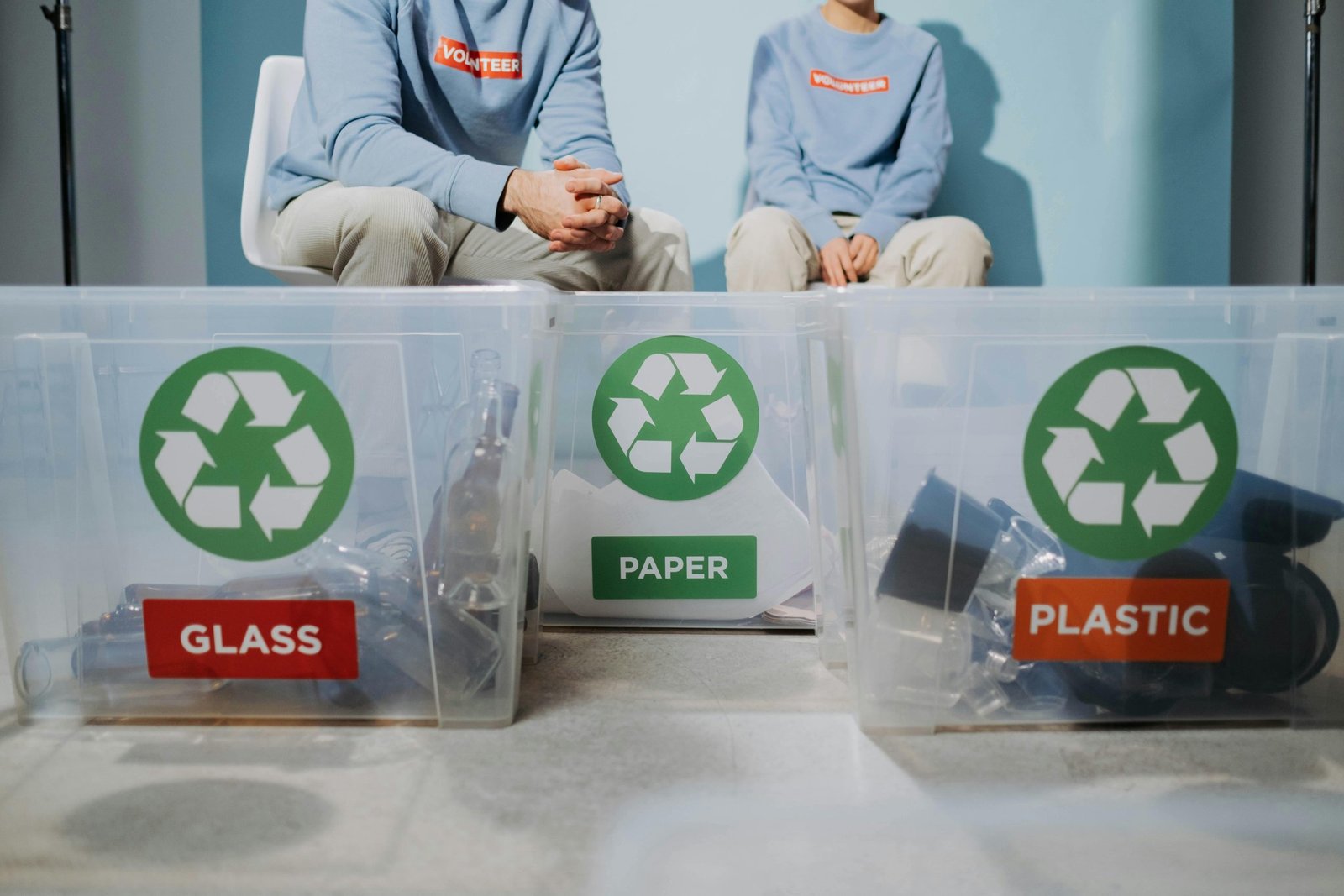The New Circular D1(d)/GP οικ. 46748 on: “Taking measures to safeguard public health following severe weather and flooding events”
Highlights
Circular D1(d)/GP No. 466484, Circular D1(d)/GP οικ. 46748 concerns the severe weather and flooding phenomena that the country is currently experiencing. In order to protect the health of the population in the affected areas, the following points are made:
In the event of natural disasters such as floods, storms, stormy winds, etc:
The high probability of mechanical damage to water supply networks and the entry of foreign materials (e.g. suspended particles, soil, mud, etc.) that may degrade the quality of water for human consumption (e.g. changes in the physico-chemical parameters of the water due to changes in soil alkalinity, electrochemical potential of the water supply material together with the corrosiveness of the water, microbiological contamination of the water), an immediate sanitary inspection of the water supply systems (borehole or water intake source, transmission network, treatment plant, distribution network tanks) should be carried out. In this context, the possibility of any leakage (burst pipes, obstacles to flow, etc.) should be investigated.
In cases where faults are found in the water supply network:
carry out immediate sanitary identification and investigation of the causes of the problem and laboratory testing with microbiological and physico-chemical parameters after appropriate sampling. Water samples should be taken from water supply networks, such as boreholes or water intakes, water supply reservoirs, but also from other points, in particular upstream and downstream of the point of failure of the water supply pipeline.
In cases where there are basic indications that the values of drinking water quality parameters are exceeded, appropriate public health protection measures should be taken with the assistance of the water supply authorities, such as
interruption of water supply until the problems are remedied and the parametric values of quality parameters are ensured in accordance with the legislation and residents are informed.
taking measures to deal with the temporary interruption of water supply to local residents (supply of bottled water, transport by tanker).
to carry out chlorination with a high-concentration chlorine solution and a corresponding retention time after each repair on a section of pipeline in accordance with the guidelines of the World Health Organisation.
after the problem has been identified and dealt with (e.g. repair of the network failure), if the problem is widespread, to carry out over-chlorination of the water supply tank and the entire length of the water supply system with a high concentration chlorine solution and a corresponding residence time, which will be discarded and then the network will resume its reopening.
In cases of gastroenteritis outbreaks, investigate the possible correlation of these outbreaks with the damage and the execution of works on the city’s water supply network.
If it is established through continuous checks that there are no faults and no influx of foreign bodies and substances, the responsible water supply bodies and the health authorities should be vigilant and the sampling, laboratory checks of water at critical points in the water supply network should be systematic and daily. Residual chlorine values should be systematically monitored and the frequency of monitoring of other quality parameters of water for human consumption should be increased in accordance with the recommendations of the Environmental Health Service.
It is very important to stress the importance of sanitary identification. Health identification identifies existing and even potential risks and considers elements such as:
Watershed catchment area
the source of the water intake
external pipelines
pumping station
reservoirs
treatment systems
disinfection
distribution network
internal hydraulic installations
In general, the Circular notes that you should:
all necessary measures should be taken to protect water sources (boreholes, water reservoirs, natural water tanks, etc.)
water supply networks should be adequately maintained.
sanitary reconnaissance is carried out in various parts of the water supply system, together with the taking of water samples for laboratory analysis and monitoring of residual chlorine.
to apply the mandatory disinfection provided for in the Ministry of Health Decree No 5/5673/57 (Government Gazette 5/58 B) for water supply systems serving settlements with more than 3000 inhabitants and to investigate the need to apply disinfection to water supply systems serving smaller settlements.
to carry out sampling and laboratory tests at representative predetermined points along the entire distribution network from the water intake source to the point of delivery to the consumer, in accordance with the monitoring programmes referred to in (b) of the relevant circular and for the quality parameters with the monitoring frequency provided for by the legislation in force.
According to the Circular, particular attention should be paid to ensuring the hygienic availability of safe foodstuffs to feed the affected people, who are already stressed and, in addition, due to their living conditions, there is an increased risk of food-borne and other infections
As regards foodstuffs, the Circular notes:
If any deterioration in the smell, taste, colour and texture of food is detected, it must be rejected without fail, cooked or uncooked
if the food, whether it is odour, taste, smell, odour, taste, odour or taste, must be rejected, whether it is unsafe or unfit for consumption, or whether it is spoiled or not.
ready-to-eat food must be consumed immediately after distribution.
food should be avoided when left out of the refrigerator.
particular attention should be paid to milk, yoghurts, cheese products, sandwiches and pastries, which should be kept in the refrigerator.
fruit and vegetables should be washed very well before consumption.
the expiry date on packaged foods should always be checked.
Cans that are bloated, rusty or dented should be discarded immediately.
the personal hygiene rules of food handlers should be observed.
Download here the new Circular on measures to safeguard public health following severe weather and flooding events: https://bioximiki.eu/Λήψη measures to safeguard public health following severe weather and flooding events.pdf

